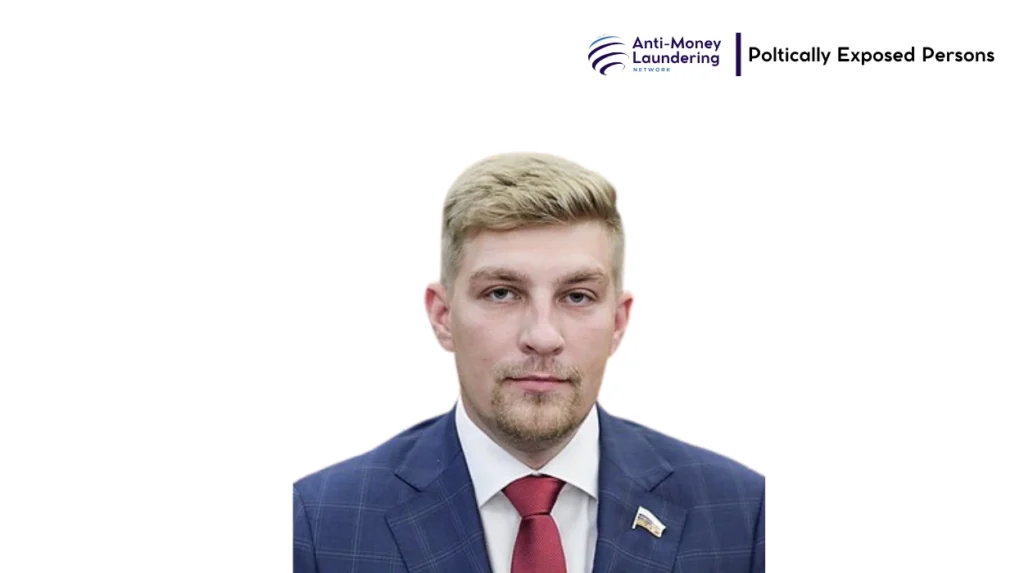The Troika Laundromat was an elaborate money laundering scheme orchestrated by Russia’s Troika Dialog investment bank, allowing billions of dollars of illicit funds, mainly from corrupt politicians and oligarchs, to be funneled through a web of offshore shell companies and lax European banks. This system masked the origin of stolen public funds and enabled the purchase of luxury assets and residency visas across Europe, exploiting weak financial oversight and political complicity. The scale and brazenness of this scheme underscore how entrenched corruption and elite protection in Russia, combined with gaps in international enforcement, create fertile ground for financial misconduct and impunity among politically exposed persons. This context critically frames the case of Dmitriy Pyanykh, whose activities are linked to this notorious network of state-enabled money laundering.
Dmitriy Pyanykh exemplifies how Russian politically connected individuals exploit their ties to state-linked institutions for illicit enrichment. Through complex offshore networks like the Troika Laundromat, they channel state-origin funds out of Russia into luxury foreign assets, shielded by family intermediaries and lax enforcement in certain jurisdictions. The Russian political system’s opacity, elite protection, and lack of internal accountability enable ongoing impunity and systemic corruption, making it difficult to fully dismantle such networks. The involvement of well-placed family members in these schemes highlights the deep entanglement of political power and illicit financial flows within Russia’s elite.

